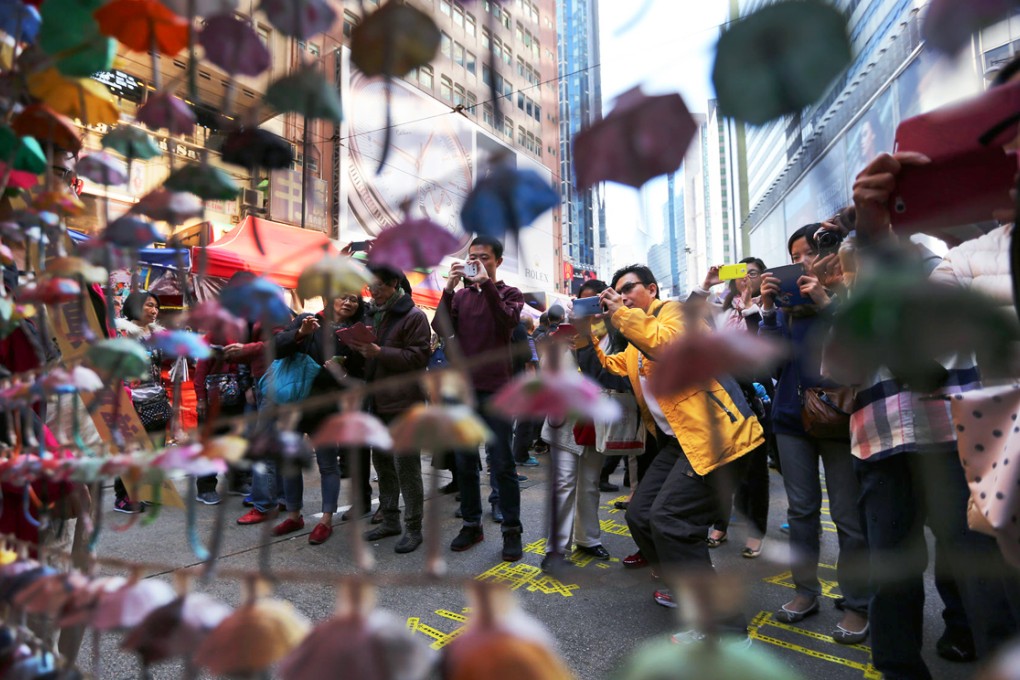Occupy groups to start 'non-cooperation movement' as follow-up to mass protests
Students and civic groups are launching a "non-cooperation movement" urging people to delay paying public-housing rent and to pay tax bills in small amounts as a follow-up to the Occupy protests.

Students and civic groups are launching a "non-cooperation movement" - urging people to delay paying their public-housing rent and to pay tax bills in small and symbolic amounts - as an offshoot of the Occupy prodemocracy protests.
Alex Chow Yong-kang, secretary general of the Federation of Students, said yesterday the actions were legal and busy workers unable to join previous protests could take part.
"Occupy is taking on different forms. While the government has no timetable for universal suffrage, we do have a timetable to fight for it and challenge the legitimacy of the government," Chow said.
Secretary for Justice Rimsky Yuen Kwok-keung called on the public not to follow the groups' suggestions, saying it was not "a wise act" and he would not agree to "any suggestion to act in breach of the law".
The groups' call came after police last week dismantled the Occupy stronghold in Admiralty.